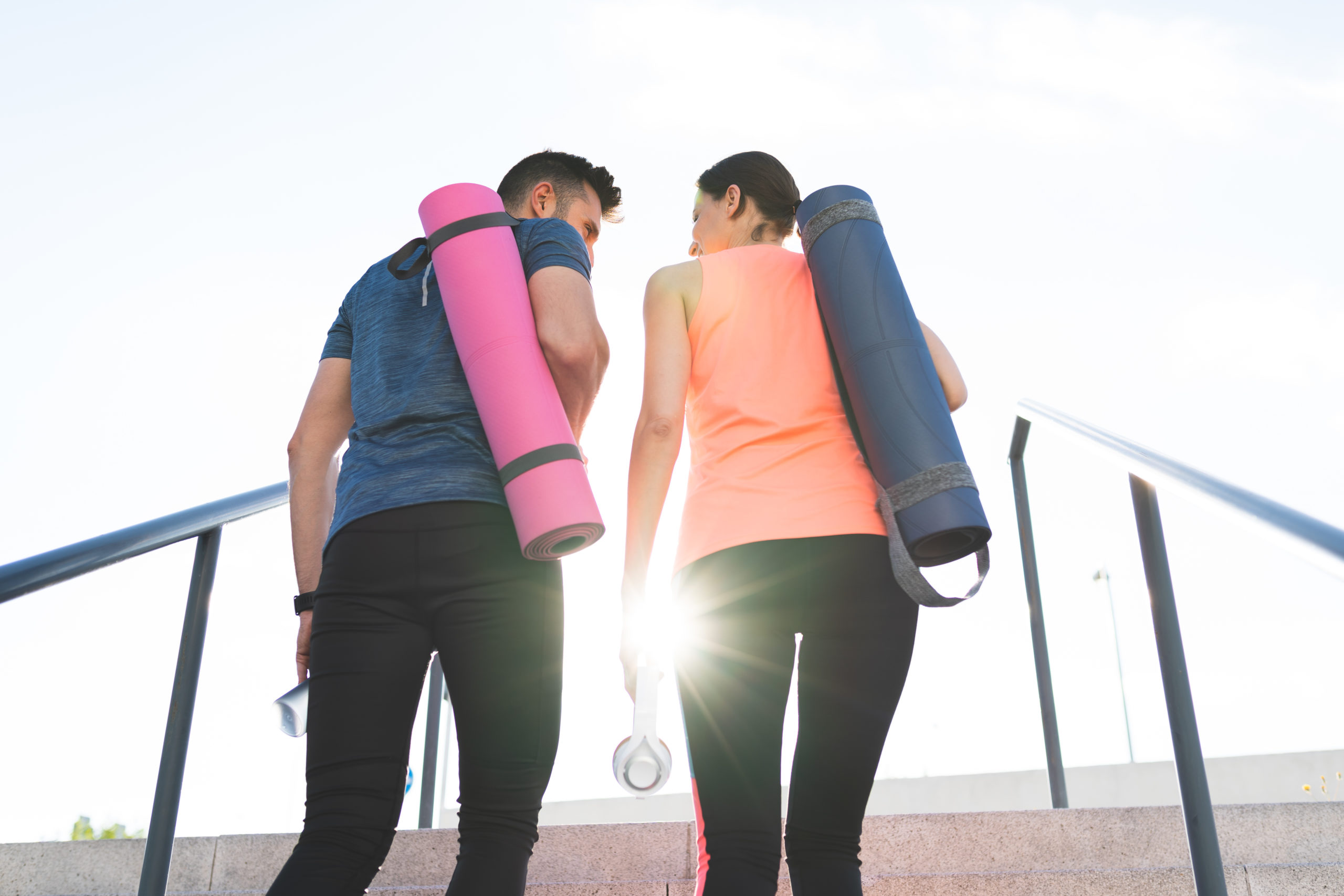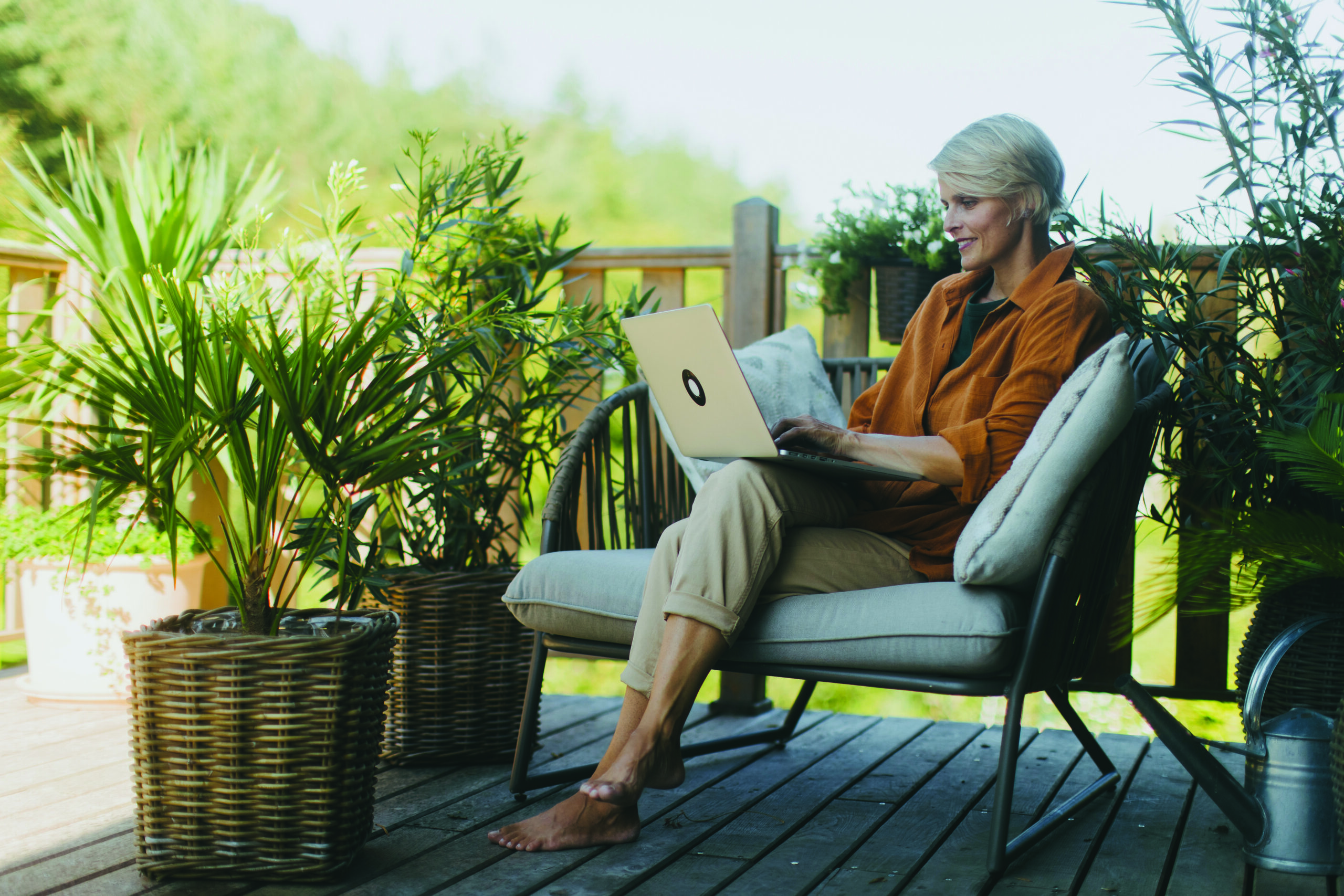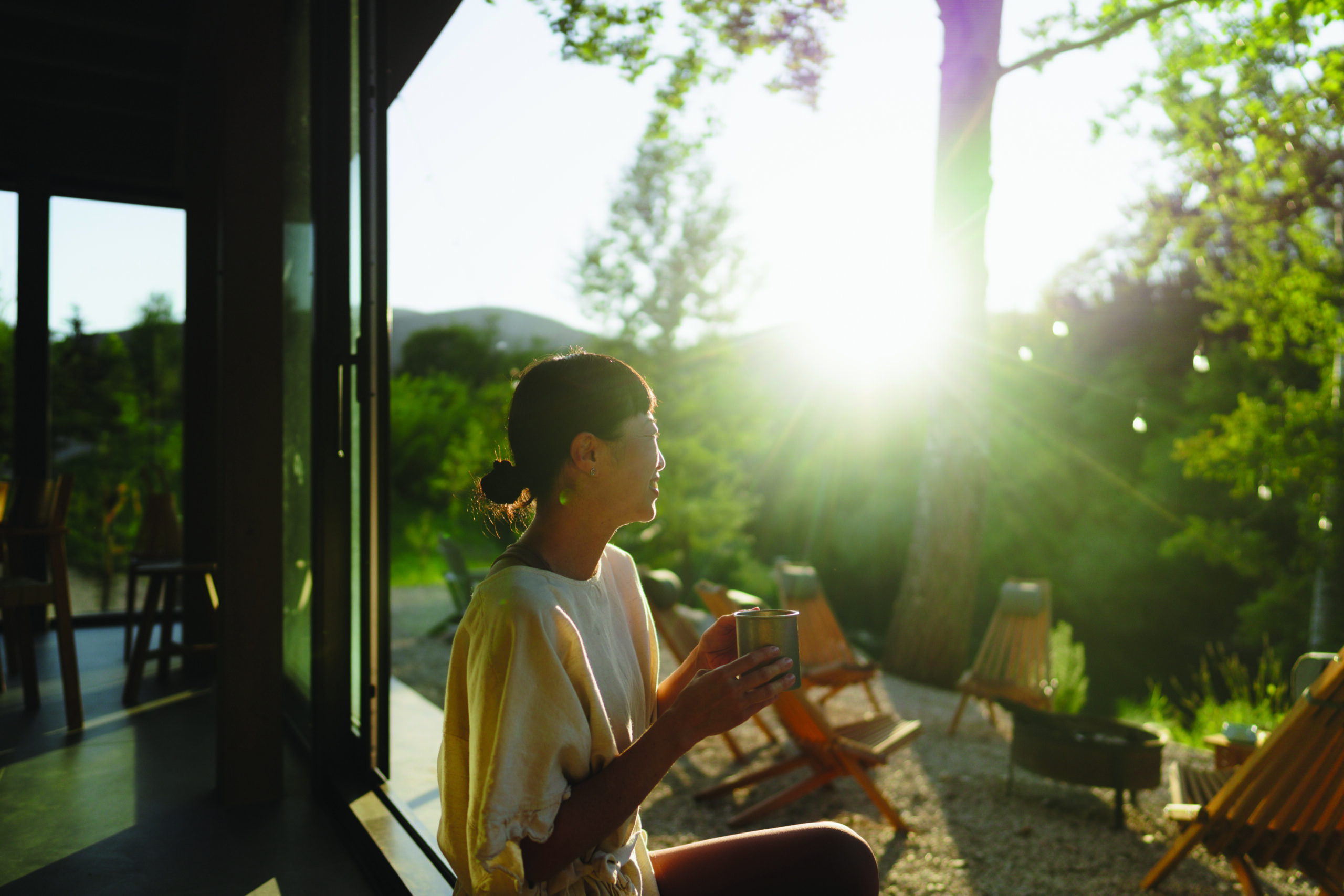by J.R. Whaley
JJohn Wesley said that, “People don’t need to be taught as much as they need to be reminded.” We all “know” what we “need” to do to live a healthier and more fulfilling lifestyle—more exercise, less stress and healthier eating habits. Unfortunately, however, we often do not have the discipline to follow through on everything that we “know” we need to do. Sometimes, it can all be overwhelming. See if incorporating these tips throughout the week can help you change your lifestyle for the better.
Meatless Mondays. Diets that are full of fruits and vegetables, whole grains, and low in processed meats can reduce risks of obesity, diabetes, heart disease and cancer. There have been many studies that show too much red meat in your diet can have adverse health consequences. Eating less meat is also good for the environment. For these reasons, we should all strive to eat more fruits and vegetables. But how? Going meatless one day of the week is an easy step towards a healthier diet. You can substitute meat with beans and legumes and enjoy whole-wheat lasagna, pasta, and soups. You can even get more creative as you experiment with meatless products like tofu and seitan. Use Monday’s to lay off the meat and focus on eating healthier meals full of fruits, vegetates and whole grains.
Thoughtful Tuesdays. Researchers say that we have up to 70,000 thoughts every day and most of them are negative! It is no wonder that we feel stressed. Meditation has been a tool used for millennia by adherents of all faiths, to deal with this onslaught of negative thoughts. Meditation is simply an opportunity to slow down, disconnect from the constant bombardment of our thoughts, and become re-centered. There are different meditation practices, such as transcendental meditation, mindfulness meditation and focused meditation. There are thousands of online meditation tools to help you get started, like guided meditations by Sam Harris and Headspace. Spend time exploring different kinds of meditation, one size does not fit all. Be sure to be careful of any practice that seems too rigid or rules oriented. Meditation practice can and often is simply giving your mind rest. So take time on Tuesdays to give your mind a break from negative thoughts.
Walk It Out Wednesdays. Cardiovascular exercise is any movement that increases the heart and respiratory rate and increases the blood and oxygen flow throughout the body. Generally cardiovascular training improves heart and lung health, reduces stress, lowers blood pressure, boosts mood and self-esteem, while helping with weight management and improves sleep. A good goal is about 30 minutes of cardio every day, but if you’re not there yet, try once a week to start out. Dedicate Wednesdays, either early in the morning or in the evenings after work, to go on a brisk 30 minute walk.
Thirsty Thursdays. Water is our body’s principal chemical depend on water to survive. Every cell, tissue and organ in our body needs water to work properly. It is easy to reach for something caffeinated for a boost of energy, but water might be what we actually need. Water fuels muscles by giving them the hydration needed to perform during physical exercise. Water also hydrates the skin, gives a mental boost and beats headaches. Staying fully hydrated helps digestion and keeps all major organs, particularly the liver and kidneys, operating as they should. Drinking lots of water also helps with weight loss goals because it helps you feel full. Many suggest starting every meal with a full glass of water. While no single formula fits everyone, most experts commonly recommend drinking eight 8-ounce glasses of water a day which equals about half a gallon. Dedicate Thursdays to making sure you are drinking enough water. You’ll feel the difference and want to make it an everyday habit.
Friendly Fridays. Friendships can impact health and well-being. Friends are there when you need someone to celebrate with you and there to walk with you through difficult times. Friends increase sense of belonging, boost self-confidence and help with traumas. Good friends may help encourage healthy living, while discouraging unhealthy habits. Some studies show that older adults with an active social life are likely to live longer than peers without strong connections. The beginning of the weekend is a great time to connect with or make new friends. Remember that the quality of friends counts far more than the quantity. If you are in need of good quality friends, make the effort to reach out to old friends that you’ve lost touch with or invite a new acquaintance with whom you have chemistry for an after-work drink or dinner. You can also attend community events, volunteer or join a faith community.
Say “No” Saturdays. Greg McKeown in his book, “Essentialism: The Disciplined Pursuit of Less” says that, “The ability to choose cannot be taken away or even given away—it can only be forgotten.” In today’s modern life, it seems that we have forgotten our ability to choose what we will spend our time upon. This seems particularly so for our weekends when we have various family, social, athletic and business obligations. Oftentimes, our free time does not appear to be so free. Start being jealous of your Saturdays. Consider what you can say “No” to that will allow yourself to spend time on the things that you enjoy. Life is short. Enjoy it.
Digital Detox Sundays. “Digital Detox” refers to a period of time when a person voluntarily refrains from using digital devices such as smartphones, computers and social media platforms. Over use of digital devices can cause physiological psychological and relationship health issues. Some of these problems include reduction of the quality of sleep, vision problems, eyestrain, behavioral issues and feelings of detachment. Even God rested on the seventh day. Give yourself a break from technology on the Sabbath. Read a book. Take a walk. Hang out with your kid. The emails and the Facebook posts will be there in the morning.








Leave A Comment